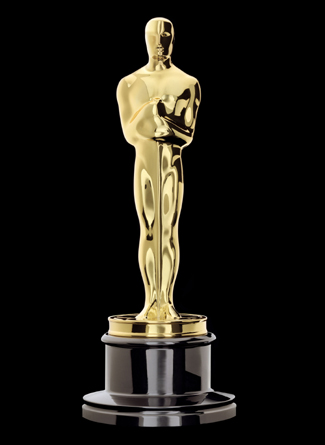The Fighter – a Film of Its Time
There’s an interesting piece by Neal Gabler in today’s Christian Science Monitor on the way the movies – Oscar-worthy and otherwise – reflect the times. Gabler notes in his premise:
Despite the reach for that feel-good denouement, there is nevertheless something else in this year’s crop of both Oscar nominees and movies generally that one doesn’t typically associate with American films: a sense of malaise that borders on fatigue.
While Gabler runs the list of films from “The King’s Speech” to “Toy Story 3” and films from other eras to make his point – it’s his analysis of “The Fighter” that is of interest to locals. Having noted that “The Fighter” doesn’t include the big win in the Gatti trifecta of fights, he continues with this premise – juxtaposing this movie with “Rocky”:
But one can really see the distance between our traditional films of faith and today’s films of uncertainty by comparing ones of the same genre, then and now, and noting how the elements have been reconfigured for our times. “The Fighter,” starring Mark Wahlberg as the Lowell, Mass., boxer Micky Ward, sounds formulaic. He is a down-on-his-luck, working-class, last-chance pug who has will and courage and a bit of boxing skill. And he manages to parlay these into a crack at the championship. Another “Rocky.”
Except that “Rocky” was a post-Watergate movie when the country was working strenuously to restore its faith in government, Washington, even American idealism itself. It was about resolve, hope, dreams, and inspiration. Its message was that anyone who really wants to make it, can. “The Fighter” has no such platitudes to dispense. It is less about individual strength of character than about need, more about tiptoeing one’s way through a personal minefield than about bulling one’s way to the title. Unlike Rocky Balboa, Micky Ward is not caught in a slough of despair from which he has to free himself. He is trapped in a web of obligation – to his tart mother who manages him; to his new girlfriend who thinks he has to disentangle himself from his family; and most of all to his spindly, drug-addled half brother who taught Micky how to box but who now seems to stand athwart his dreams.
I don’t think I am giving anything away when I say that Ward wins the title at film’s end. But the sense of exhilaration is muted. It is less a title he has won than a familial truce. In effect, the message of “The Fighter” isn’t about guts and glory. It is about how difficult it is to balance the professional and personal, about how many claims are made on our lives, and about how emotionally demanding success can be, not how liberating it is. In short, it is a film of its time, just as “Rocky” was.
His thesis is an interesting one and his take on Micky Ward and “The Fighter” even more so.
Read the full Neal Gabler article “Oscars 2011: How the year’s top films reflect the times” here

Marie: Thanks for finding this and sharing it. I think the reviewer has it about right. Call me unrealistic, but I think “The Fighter” could win the Best Picture award because its story is more in keeping with the American moment, as described by the reviewer. As fine a film as “The King’s Speech” is, I can’t see American film industry voters this year putting an essentially British film at the top. I think they’ll want “America” to win. “Social Network” is full of obnoxious characters, even though it is the most timely due to the Facebook phenomemon. I don’t see that one winning. “The Fighter” appeals more broadly as a story from the ground up. “True Grit” is a remake that had its awards the first time around. Call me unrealistic, but I can imagine the “Academy” members splitting their votes on top contenders and creating a situation in which “The Fighter” wins the big prize—not in a landslide, but by squeaking in, which would be somehow right for this film. Wouldn’t that be a surprise. None of the insiders are predicting it.